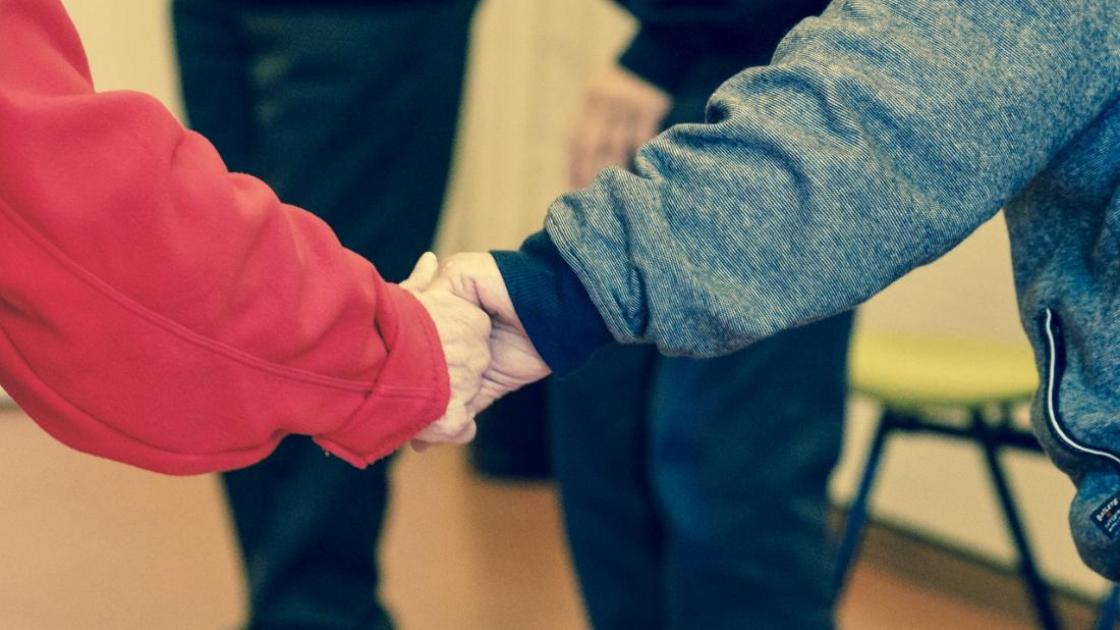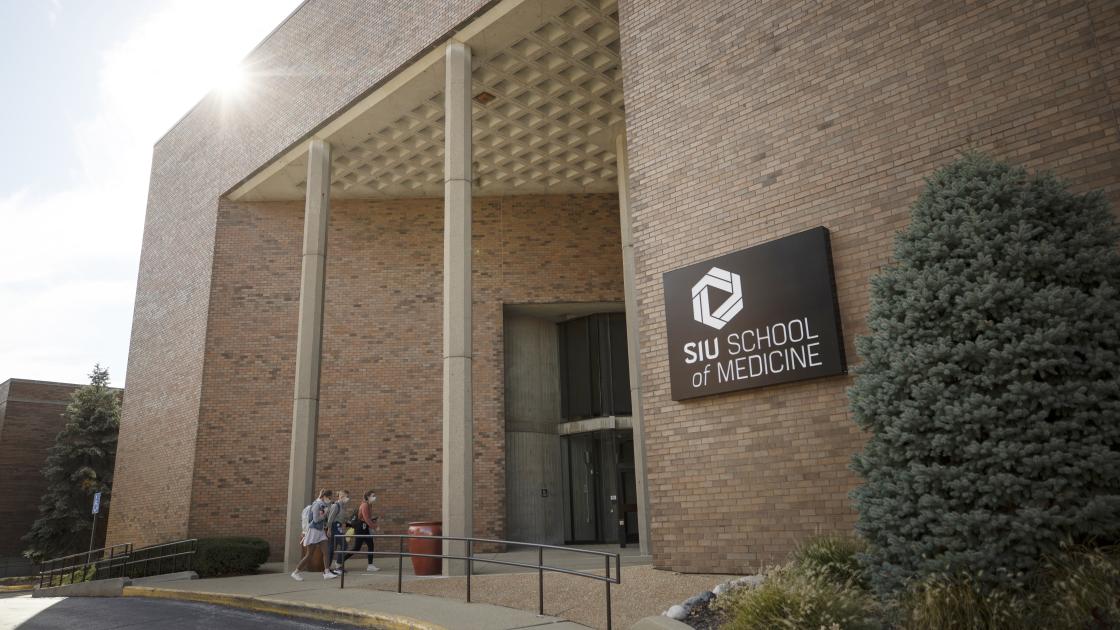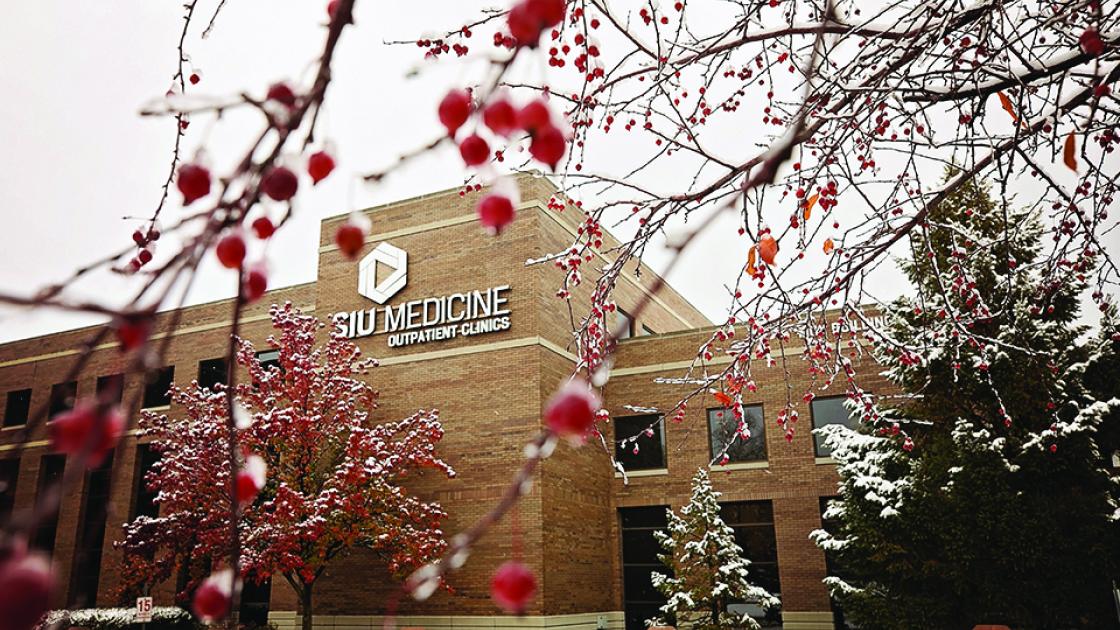
News
Alzheimer's Caregivers Invited to Attend Free Training
Published Date:
Those who provide care to Alzheimer’s disease or dementia patients at home are invited to attend The Savvy Caregiver program, a free, six-week course. Beginning Feb. 16, classes will meet at 2-4 pm on Fridays, Feb. 23, March 2, 9, 16 and 23, at First Christian Church, 2106 S. Main St., Jackonsville.
Participants must pre-register to attend; walk-ins will not be accepted. To learn more or to register, contact Greg Kyrouac, 217-545-7199 or gkyrouac@siumed.edu.
The Savvy Caregiver classes are designed to increase caregivers’ knowledge and confidence in their role by providing:
- A better understanding of the disease
- Skills to assess the abilities of the person with dementia
- Strategies to manage the day-to-day care of the person with dementia, including personal care
- Skills to take better of themselves
- Tips on how to build a positive partnership with health care professionals
The classes are offered free of charge through an Alzheimer’s Disease Supportive Service Program grant from the Administration for Community Living through the Illinois Department on Aging.
Schedule an interview or request more information by contacting SIU Medicine's Office of Public Relations and Communications:



